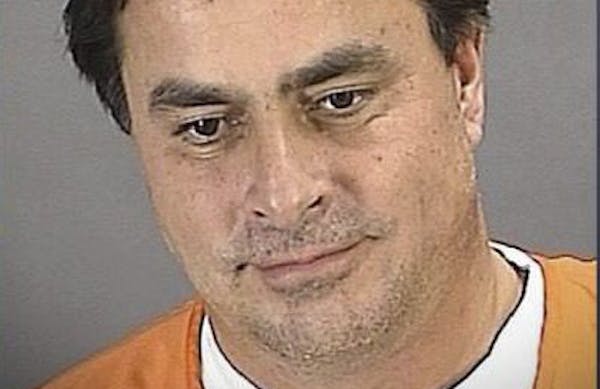The U.S. Supreme Court likely struck a fatal blow to the appeals possibilities for convicted Ponzi scheme engineer Tom Petters on Tuesday when it denied his request for review of the high-profile case.
The court rejected Petters' writ of certiorari petition to review both his conviction and his 50-year sentence, which he is serving in the federal penitentiary at Leavenworth, Kan.
Petters and his attorneys argued that Petters' Sixth Amendment rights were violated when he was not allowed to fully question one of the witnesses against him about that person's previous criminal record.
The petition also contended that Petter's 50-year sentence was disproportionately harsh for his conviction on 20 counts of fraud, money laundering and conspiracy when his co-conspirators, who became government witnesses, received significantly shorter sentences.
"This is the last stop in Mr. Petters' direct appeals," said Jon Hopeman, one of Petters' defense attorneys. "The only avenue remaining is a writ of habeas corpus, which states you are being unlawfully held because of a constitutional error often involving the advice of counsel."
Earlier this year, Petters told Twin Cities Business magazine that he is working on a writ of habeas corpus which would be first filed in federal court in Minnesota and must be filed within one year of the denial of certiorari.
"I'm sure Mr. Petters will file an appeal because he is indefatigable and very, very optimistic," Hopeman said.
Criminal law Prof. Ted Sampsell-Jones said the chances for a successful habeas corpus petition are slim.
"They are very limited in the kinds of things you can raise," Sampsell-Jones said. "You can't raise any issues that you raised on your direct appeal. The most common issue is ineffective assistance of counsel. But Jon Hopeman and [co-counsel] Paul Engh are very effective lawyers."
Petters' 2009 conviction centered on a $3.65 billion Ponzi scheme that lasted more than 10 years and used funds from investors to purportedly buy electronic consumer goods at a manufacturer's discount and sell them at a higher price to big-box retailers.
However, no such goods existed, and early investors were paid sometimes high rates of return on their money with funds obtained from later investors.
Petters has maintained his innocence and blamed his business partners for coordinating the fraud.
David Phelps 612-673-7269
